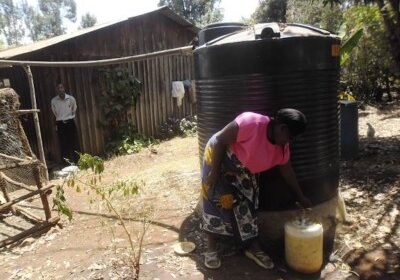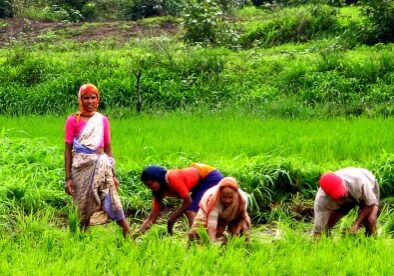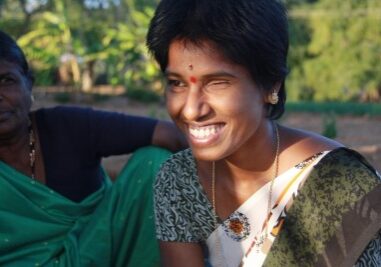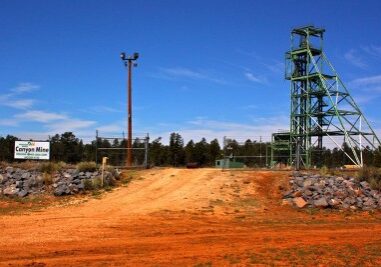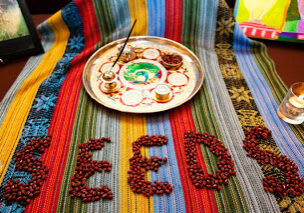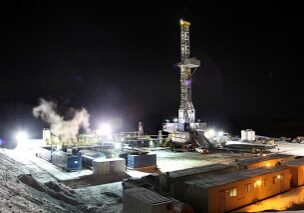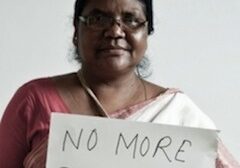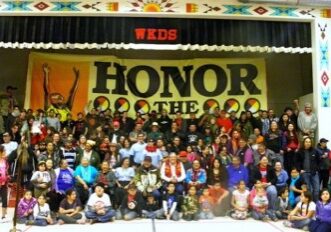- All
- Updates
- WEA Voices
- In the News
Fun (d) Raising at WEA’s 2013 Gala
The Women’s Earth Alliance Gala, “From Ripple to Wave,” was an unforgettable night. The event marked another rite of passage for WEA as we celebrated our 7th year; reflected on our past, shared our vision for growth, laughed and celebrated, and thanks to all of you, made a wave of support for our efforts going…
Microloans, Rainwater helps Women during draught
At the turn of the last century, Central Kenya received four months of Rain every year, which was enough for small scale farmers to make their living and feed their families. Today, those months have dwindled to two months. Rose Wanjiku initially resorted to irrigating from the local river, with the assistance of a pump.…
Want to Feed the World? Go Small-Scale
According to a new publication by the U.N. Commission on Trade and Development (UNCTAD), significant and transformative changes are needed in our food, agriculture and trade systems if we, as a global community, intend to increase diversity on farms, reduce our use of fertilizer and other inputs, support small-scale farmers and create strong local food…
Making the Invisible Visible: Valuing women’s work and challenging gender bias in agriculture and resource rights
Blog by Rucha Chitnis, Former WEA South Asia Program Director “A woman is not recognized for her work,” declares Yashoda, a woman farmer in the drought-prone area of Challekere in Karnataka, India. Yashoda is among many women farmers, who believe that they are not valued for the multiple roles they juggle as farmers, resource…
Native American Tribal Lands Look to Renew Energy
For hundreds of years, ever since white settlers first came to the American southwest, the Indigenous peoples of the area have been systemically disenfranchised and the land stripped of its resources to provide goods, and especially energy, for the surrounding towns, cities and counties. Tribal leaders, residents and all who work and live in the…
5 Reasons to Join us for the 2013 WEA Gala, “From Ripple to Wave”
1. We will celebrate the world’s women who are making the ripples. You will meet Rose Wamalwa, who will be joining as a Special Guest. 2. We will take you back to earth. We will all be nourished with a seasonal, organic dinner from Back to Earth Organic Catering. 3. WEA will share our roots…
Meet our Summer Interns!
How is it nearly August already? It seems like the summer has just flown by as we’ve been preparing for our annual Gala taking place on September 19th in San Francisco. None of what we’ve accomplished these last months would have been possible without our team of talented interns! These ladies have been an absolute…
Indigenous Women, Fracking, and Violence
by Kelly Yu “Oil company workers are not accountable to the community. They can treat people however they want because they think they are untouchable” – Cedar Gillette, domestic violence counselor in New Town, North Dakota (source) North Dakota may reap huge economic gains for both Big Oil and the Midwest economy, but the consequences…
A Ballad of Resistance: An evening with feminist film-maker, Leena Manimekalai
By Lauren Bellenie, WEA General Intern Guest speaker, Preeti Mangala Sekar, ED of Narika, read a poem written by Leena called “Penalty.” The poem framed the public response to Leena’s poetry, including demands from some right wing voices, who shunned it as “pornographic” writing. The poem’s content highlighted the feelings and situations that arise when…
Uniting and Fighting against Keystone XL
The proposed Keystone XL pipeline from TransCanada is having a profound effect on the people who call the middle west of the country home. Training for Resistance is an organization and training event started by Debra White Plume, a long-time organizer and activist against uranium mining in the Black Hills of South Dakota. Her newest…


